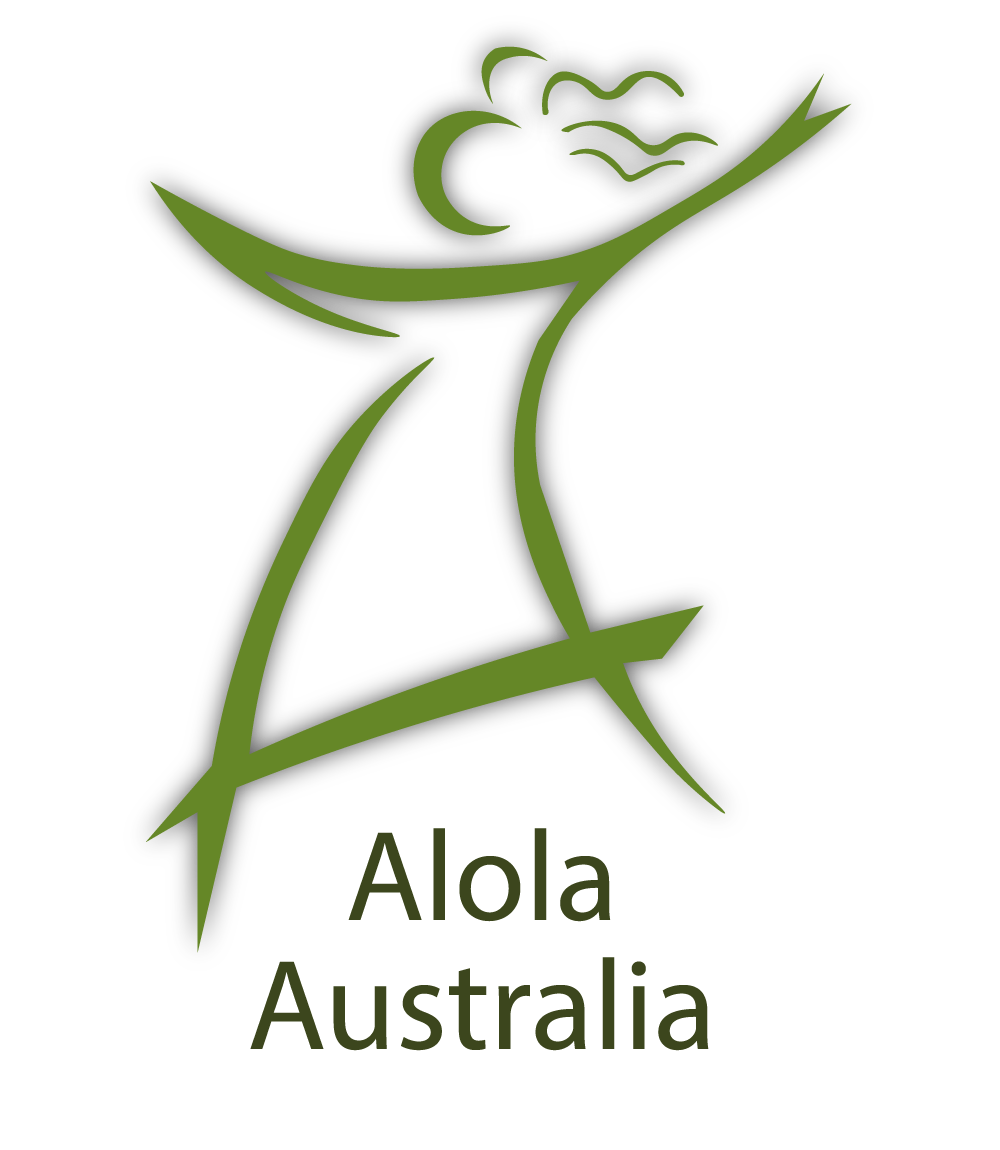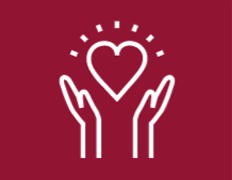Maternal Child Health
Fundasaun Alola’s Maternal and Child Health Program seeks to improve the safety and well-being of mothers and their babies.
In Timor-Leste, the infant mortality rate is 30 per 1000 live births, and the rate of malnourished children under 5 is 46%. While these statistics are an improvement on previous years, there is still a long way to go.
The Maternal Child Health (MCH) program responds to the health needs of women and children in Timor-Leste. Originally tasked with promoting exclusive breastfeeding and good breastfeeding practices under the directive of the National Breastfeeding Association and The Ministry of Health, the MCH’s activities have expanded immensely. The maternal and child mortality rates of Timor-Leste are one of the highest in the region of South-East Asia. The MCH team continues to successfully implement programs that help improve safe motherhood and early child health. The strengths of the MCH department lie in its national staff, who design and deliver culturally appropriate programs that respond to community needs, with support from various national and international partners.
Learn more about the Maternal Child Health Program below.

Promoting breastfeeding
Fundasaun Alola assigns Hospital Liaison Officers at the Dili National Hospital Guido Valadares (HNGV) and three referral regional hospitals in Baucau, Maubisse and RAEOA Oecusse. The Liaison Officers play important roles in initiating early breastfeeding and assisting women who have problems with breastfeeding. In addition, the team also undertake early intervention for premature and underweight babies, through educating mothers to maintain cup feeding using breastmilk and support mothers with the Kangaroo mother care method (skin to skin contact).
7,864 mothers have been counselled on early initiation and exclusive breastfeeding from 0-6 month’s babies, and 10,459 families have received education on the importance of breastfeeding at these hospitals.

Maternity Packs
Fundasaun Alola’s Maternity Pack project provides clothing for babies and other important materials for new mothers. Providing these fundamental necessities helps to increase the rates of birthing in health facilities. Packs are distributed through Community Health Centers and health posts in Aileu, Liquica, and the Regional Hospital Eduardo Ximenes Baucau as well as the Regional Hospital Maubisse of Ainaro.

Peer Support Groups
Mother Support Groups (MSG) and Suco Hadomi Inan no Oan (SHIO) support activities around infant and child feeding, basic safe motherhood, and nutrition in 43 villages spread out in six municipalities. In addition, Parent Clubs were established in 2018. The Parent Clubs operate alongside MSGs in the villages of Garuai, Buibau, Samalary and Uailili in the Baucau municipality to educate community members on behaviour change to improve maternal and child health. The members of the groups undertake health promotion and education activities within their community, such as counselling new mothers on exclusive breastfeeding, holding cooking demonstrations and celebrating Breast Feeding Awareness Week.

Male Engagement
To increase the knowledge of husbands and wives about the importance of nutrition in the family, both mothers and fathers receive community education. Husbands gain the capacity to support their wives preparing food for children.
Father Discussions are also held to increase knowledge about maternal and child health in their community. Discussion focus on father’s roles in the household when mothers have special conditions, such as when they are pregnant, give birth, and are breastfeeding. Through discussion, fathers share their experiences and acknowledge that they are also scared when their wives are pregnant. Fathers learn to support their wives, making sure they are not doing heavy tasks and going for checkups at the health facility.



